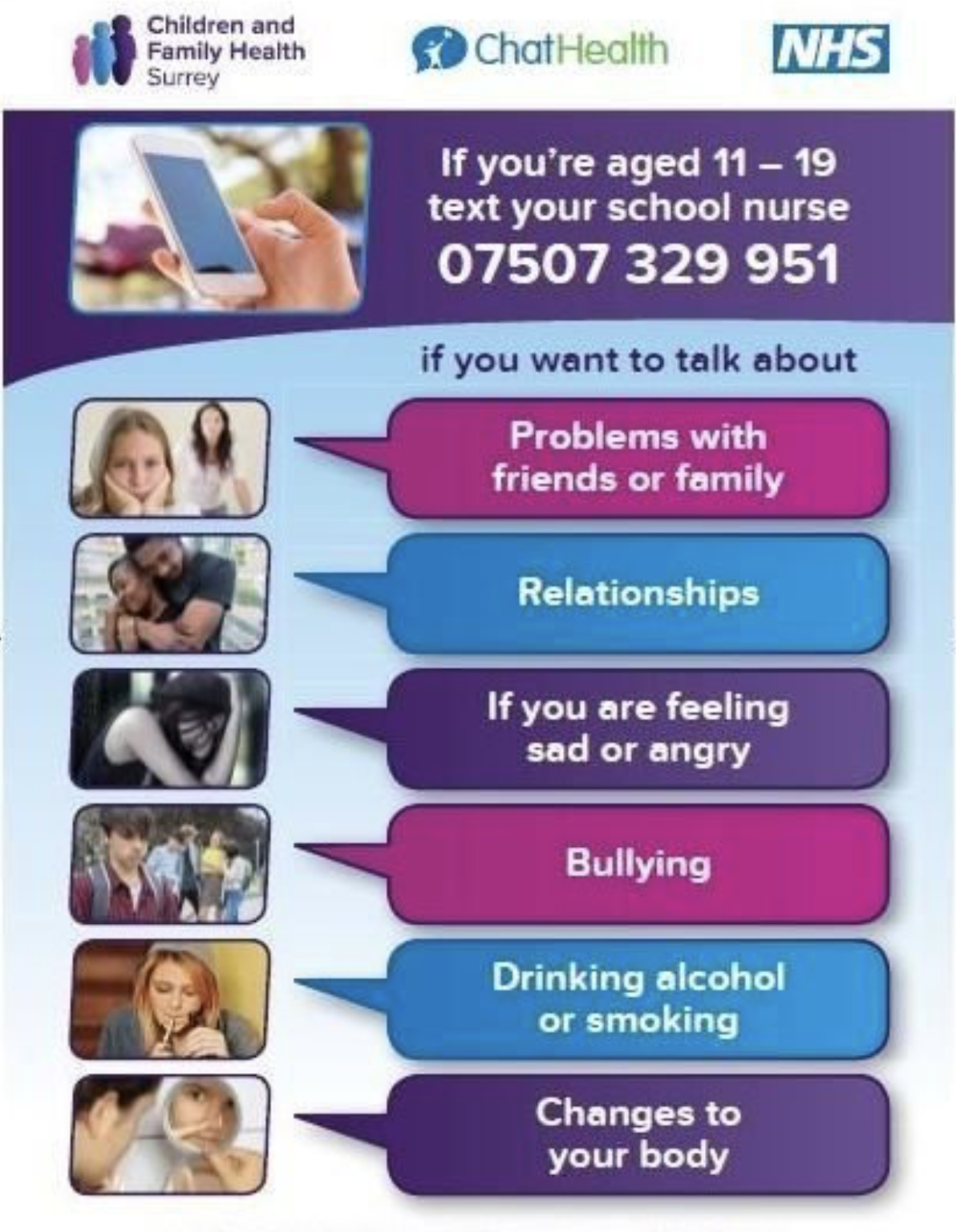What is bullying?
Bullying is deliberately hurting other people on more than one occasion. Bullying can happen anywhere and it usually occurs because of a specific reason. For example, the way someone looks because of their race, religion, gender or sexual orientation. It affects people negatively and can be very hurtful. Bullying can include things such as; name calling, threats, spreading rumours, taking friends away from you, hitting, pinching or sending offensive texts.
Different types of bullying include:
Physical, verbal, sexual, social and cyber bullying.
Statistics on bullying:
Bullying affects people physically and mentally and can continue to do so throughout their life. The Annual Bullying Survey 2019 asked over 7,000 young people aged 12-20years about their experience of bullying in the last year.
22% said they had been a victim of bullying
27% of people said they had witnessed bullying take place
24% of young people said that they were worried about getting abuse online.
REMEMBER: NO ONE IS ALLOWED TO BULLY YOU!
Think
“We don’t all have to be best friends but we do have the right to have our wishes, feelings and point of view respected.
How it can make you feel
Being bullied can leave a person feeling sad, scared, hopeless, humiliated or with low self-confidence.
What can you do?
- Walk away.
- Tell someone you trust like a parent or carer.
- Report it to your teacher or club leader (remember the bullying won’t go away if you keep it a secret).
- Strength in numbers – hang out with friends you know well and trust. Bullies often pick on people who are on their own and vulnerable.
- Be assertive but don’t fight back, as you could get hurt or in trouble. Being assertive means standing up for yourself without being aggressive. This may take practice.
- Take part in an activity that makes you feel happy or relaxed.
- Think positive thoughts about yourself and remember all the things that are good about you.
What is Cyberbullying?
Cyberbullying is bullying that takes place online instead of in the real world. It could be via your PC, smartphone, games console or tablet. Cyber bullying is common and most young people will either experience it or see it. Because it happens online it can follow you wherever you go, 24 hours a day, 7 days a week.
Cyberbullying/online bullying:
- Sending any kind of threatening, upsetting or abusive messages – including voicemails
- creating or sharing embarrassing or malicious images or videos of other people or YOURSELF
- ‘trolling’ – leaving menacing or upsetting comments on social networks, chat rooms or online games or forums
- voting for or against someone in an abusive poll
- setting up hate sites or groups about another person
- encouraging other people to hurt themselves
- Creating fake accounts
- Using someone else’s identity to embarrass them or get them into trouble.
- Repeatedly contacting a person who has not replied to your messages
REMEMBER: NO ONE IS ALLOWED TO BULLY YOU!
What can you do about it
- Tell someone you trust like a parent/carer/teacher/friend. Bullying can be hard to talk about, but you should not deal with it alone. If you think you are being bullied try and talk to a trusted adult, They will be able to help and support you.
- Don’t post anything online that gives people your real name, address, school, mobile number or which allows a total stranger to contact you in real life.
- Don’t upload anything online which could embarrass you, it may negatively affect you later in life when you least expect it, like when you go for your first job interview.
- Never forget once you have pressed send you have lost control over the comment you wrote or the image you posted
- Block anyone who cyberbullies you on platforms and check your privacy settings so that they can’t access your information.
- Take a look at our online safety page to ensure you are keeping yourself safe online
- Check out our friendships page to find out more about healthy friendships.
- Report anyone who is bullying you to the platform. You can do this using the following links:
Where to find further help
Detail of more apps and games and how to contact them can be found here:
- Net Aware has advice for adults on the social network sites that young people are using, it uses a simple guide to explain social media, apps and games that are being used.
- Thinkuknow has advice on online safety for young people that’s suitable for different age groups. The website shows children how to contact social media sites if they believe someone has posted something upsetting about them.
- Online Safety Helpline on 080 880 05002
Where to find further help
- Childline
Tel: 0800 1111 - NSPCC
Tel: 0808 800 5000 - Bullying UK
Tel: 0808 800 222 - Kooth
- Internet Matters
- Kidscape
- Chat Health


